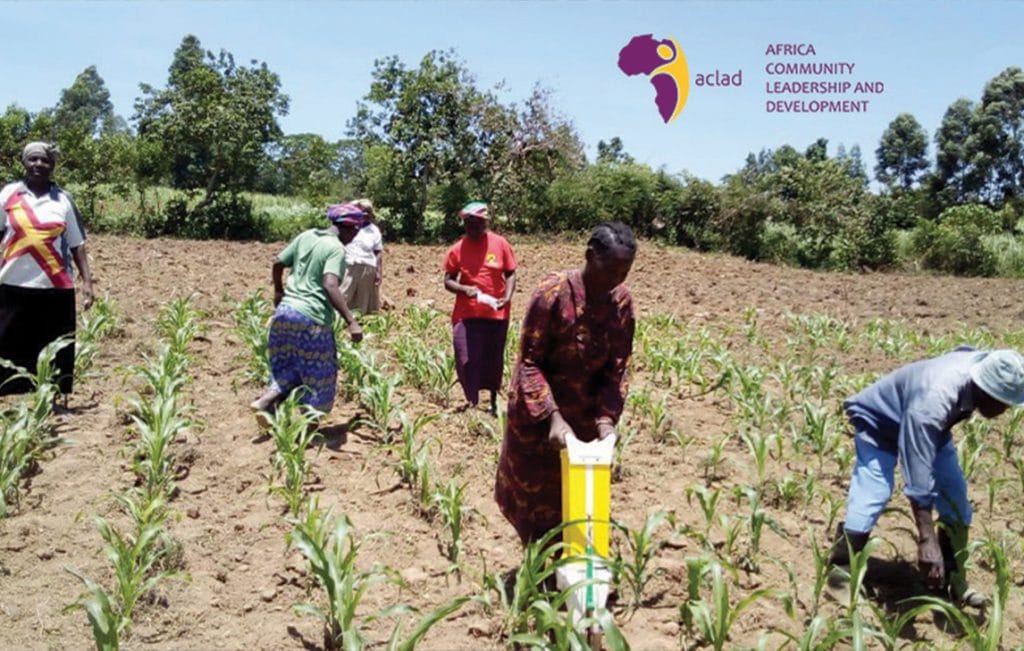Sustainable agriculture has been touted as the key to tackling the global food security issue. With an expected world population of nearly 10 billion by 2050, traditional agricultural methods will not be sufficient to meet the growing demand for food. Sustainable agriculture represents a more environmentally friendly approach, which focuses on preserving resources while producing enough food to feed the world.
One of the primary goals of sustainable agriculture is to reduce our environmental footprint. This can be achieved by minimizing chemical inputs such as fertilizers and pesticides, promoting crop rotation, and implementing more efficient irrigation techniques. Additionally, sustainable farming practices can help to preserve biodiversity and prevent soil degradation.
Adopting sustainable agriculture does present some challenges though. Upfront investment and technological adaptation can be costly, and many farmers may struggle to transition from traditional methods. Moreover, farmers may need support from governments and NGOs to help them access the necessary resources and knowledge.
Despite these challenges, sustainable agriculture holds great promise for the future of food security. By embracing these environmentally friendly practices, the world has a significant opportunity to preserve resources for future generations while ensuring that everyone has enough food to thrive.



